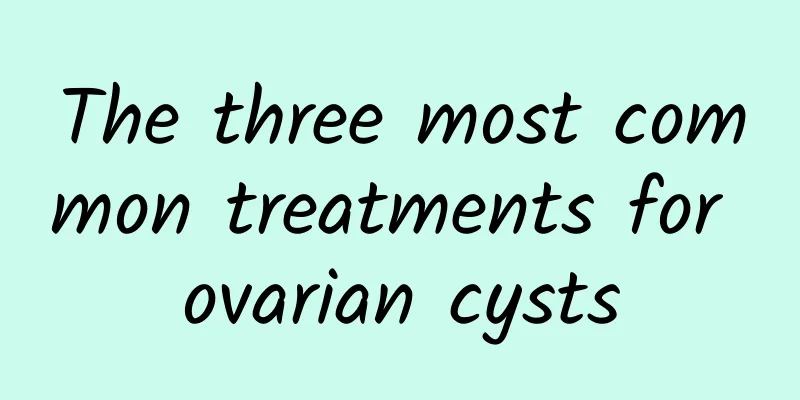What causes pelvic inflammatory disease?

|
Pelvic inflammatory disease is a common gynecological disease. Its main causes include bacterial infection, surgical operation, poor menstrual hygiene, unclean sexual life and other inflammatory transmission. If the symptoms persist, it is recommended to seek medical attention in time and take targeted treatment measures under the guidance of a doctor. The details are as follows: 1. Bacterial infection: This is the most common cause of pelvic inflammatory disease, mainly including pathogens such as Neisseria gonorrhoeae and Chlamydia trachomatis. After infection, antibiotics such as azithromycin tablets or levofloxacin hydrochloride tablets should be used for treatment under the guidance of a doctor, and the genitals should be kept clean and unclean sexual intercourse should be avoided. 2. Surgical operation: Irregular intrauterine surgery, such as artificial abortion, placement of intrauterine contraceptive device, etc., may cause infection. Choose a regular hospital for surgery, follow the doctor's advice to use antibiotics to prevent infection, and pay attention to postoperative care. 3. Poor menstrual hygiene: Not paying attention to hygiene during menstruation and using unclean sanitary napkins or tampons may lead to bacterial invasion and cause pelvic inflammatory disease. Maintain menstrual hygiene, change sanitary napkins frequently, and choose menstrual products with guaranteed quality. 4. Unclean sexual life: Frequent changes of sexual partners or unclean sexual life can easily lead to pathogen infection and pelvic inflammatory disease. Keep your sexual life clean, avoid high-risk sexual behaviors, and use condoms to prevent sexually transmitted diseases. 5. Other inflammations spread: Other inflammations such as appendicitis and peritonitis spread to the pelvic cavity and may also cause pelvic inflammatory disease. Timely treatment of other inflammations of the abdomen and reproductive system to prevent them from spreading to the pelvic cavity. To prevent and treat pelvic inflammatory disease, women should pay attention to maintaining personal hygiene, choose regular hospitals for related surgeries, maintain clean sexual life, and promptly treat other reproductive system inflammations. If symptoms persist, it is recommended to seek medical attention in a timely manner and take targeted treatment measures under the guidance of a doctor. |
<<: Is it more painful to have a medical abortion or a surgical abortion?
>>: What causes ovarian cysts and how to treat them
Recommend
Women should have a general understanding of the care methods for vulvar leukoplakia
Now more and more women may suffer from vulvar le...
Will ovarian cysts recur after ovarian removal?
Will ovarian cysts recur after ovarian removal? O...
Pay attention to the three early symptoms of adnexitis
I believe everyone should be familiar with adnexi...
Can I get pregnant if I have a left ovarian cyst? Will it have adverse effects on the fetus?
Many people are afraid to have children because o...
The specific cost of abortion
The emergence of many informal hospitals has conf...
The belly woman moves, the handsome man loses weight with a gorgeous yoga move
Are you still immersed in the world of delicious ...
Say goodbye to male beer belly: inject testosterone to lose weight
Many men develop beer bellies as they age due to ...
What to do if you accidentally miscarry? Do these 7 things
After an accidental miscarriage, the first thing ...
What should you not eat if you have uterine fibroids? The diet for uterine fibroids should be light.
The formation of uterine fibroids is related to l...
What are the effective ways to prevent dysmenorrhea?
In real life, all female friends have dysmenorrhe...
Does exercising on an empty stomach help burn fat? Does exercise have to make you sweat profusely to be effective? 4 sports myths to avoid
You finally started exercising, but are restraine...
How to self-diagnose patients with threatened abortion
How do patients with threatened abortion self-dia...
Vulvar leukoplakia care is very important
Vulvar leukoplakia is a very harmful disease, so ...
The occurrence of cervicitis may be related to sexual life
Sexually transmitted disease pathogens are also o...
What are the factors causing nonspecific vaginitis?
What are the predisposing factors for nonspecific...









